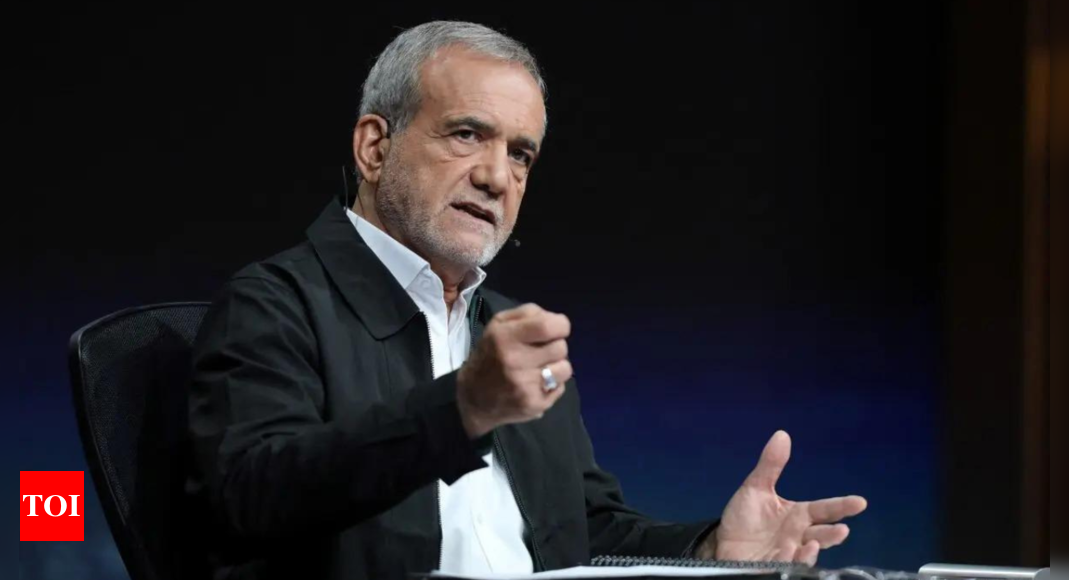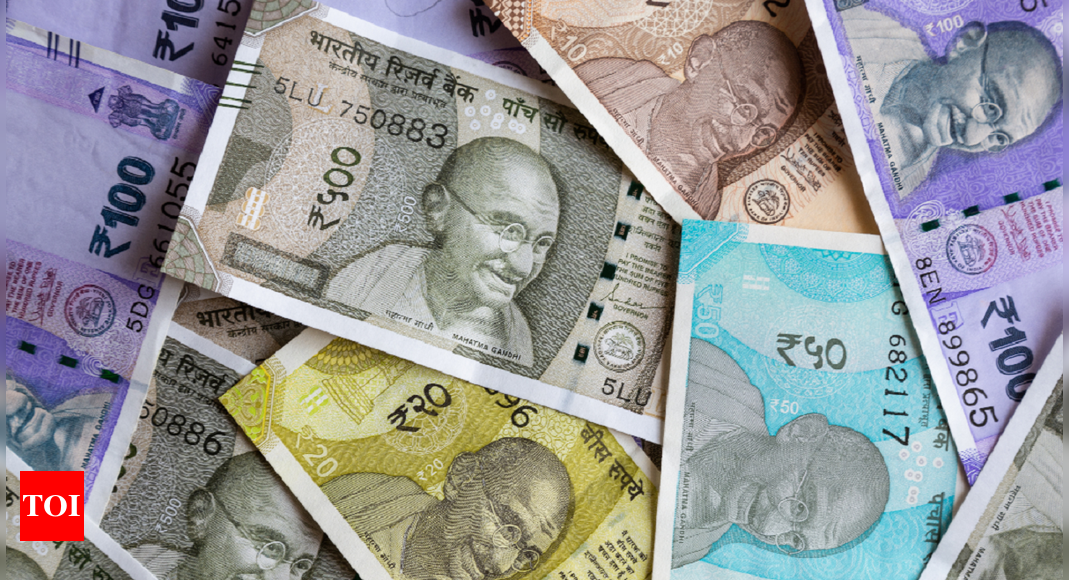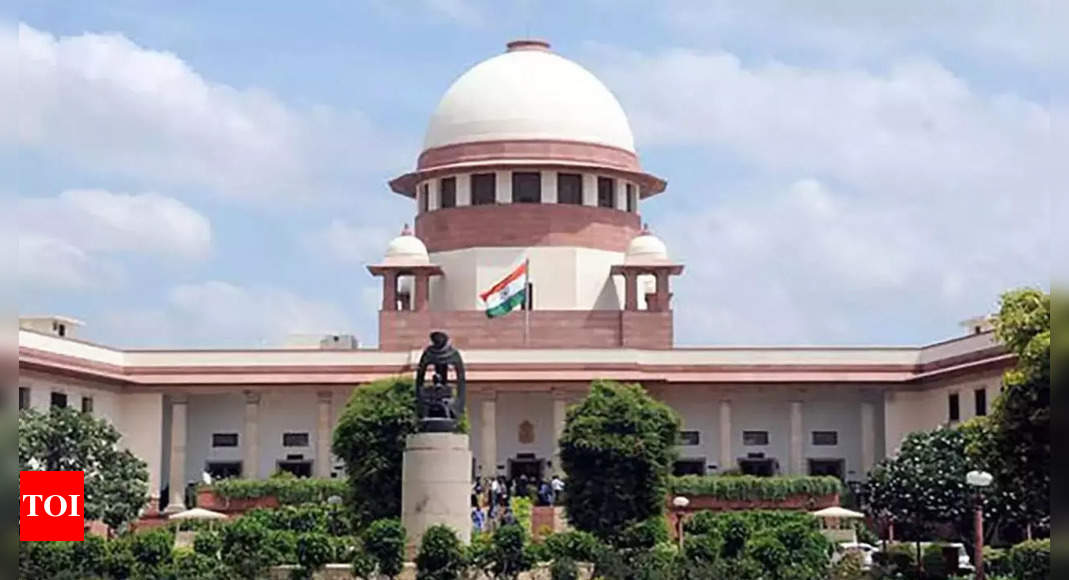
In its first reaction to Iran’s presidential election results, the US criticised the polls as “neither free nor fair”, claiming that electing Masoud Pezeshkian President would not change the “Islamic Republic’s stance on human rights“.
The US, Tehran’s staunch rival, said it would continue to use diplomacy with Tehran “when it advances American interests,” according to the news agency AP.
“The elections in Iran were not free or fair. As a result, a significant number of Iranians chose not to participate at all,” the State Department told AP.
“We have no expectation these elections will lead to fundamental change in Iran’s direction or more respect for the human rights of its citizens. As the candidates themselves have said, Iranian policy is set by the supreme leader,” it added.
“The elections will not have a significant impact on our approach to Iran, either. Our concerns about Iran’s behaviour are unchanged,” the US State Department said.
Masoud Pezeshkian, Iran’s only reformist candidate in the latest presidential election, has risen from relative obscurity to become the ninth president of the Islamic republic. The 69-year-old won around 53.6% of the vote in a runoff election against the ultraconservative Saeed Jalili.
Pezeshkian’s victory has raised the hopes of Iran’s reformists after years of dominance by the conservative and ultraconservative camps, but his ascension is unlikely to significantly impact Tehran’s bilateral ties with New Delhi in the near term.
While Pezeshkian has pledged to open Iran to the world and deliver more freedoms, he has also recognised Supreme Leader Ayatollah Ali Khamenei as the ultimate authority on state matters. Pezeshkian’s moderate stance and advocacy for limited reforms may lead to some changes in Iran’s domestic policies, such as relaxing enforcement of the compulsory headscarf law.
However, his ability to enact major shifts in Iran’s foreign policy is constrained by the fact that the government remains largely controlled by hard-liners.
The US, Tehran’s staunch rival, said it would continue to use diplomacy with Tehran “when it advances American interests,” according to the news agency AP.
“The elections in Iran were not free or fair. As a result, a significant number of Iranians chose not to participate at all,” the State Department told AP.
“We have no expectation these elections will lead to fundamental change in Iran’s direction or more respect for the human rights of its citizens. As the candidates themselves have said, Iranian policy is set by the supreme leader,” it added.
“The elections will not have a significant impact on our approach to Iran, either. Our concerns about Iran’s behaviour are unchanged,” the US State Department said.
Masoud Pezeshkian, Iran’s only reformist candidate in the latest presidential election, has risen from relative obscurity to become the ninth president of the Islamic republic. The 69-year-old won around 53.6% of the vote in a runoff election against the ultraconservative Saeed Jalili.
Pezeshkian’s victory has raised the hopes of Iran’s reformists after years of dominance by the conservative and ultraconservative camps, but his ascension is unlikely to significantly impact Tehran’s bilateral ties with New Delhi in the near term.
While Pezeshkian has pledged to open Iran to the world and deliver more freedoms, he has also recognised Supreme Leader Ayatollah Ali Khamenei as the ultimate authority on state matters. Pezeshkian’s moderate stance and advocacy for limited reforms may lead to some changes in Iran’s domestic policies, such as relaxing enforcement of the compulsory headscarf law.
However, his ability to enact major shifts in Iran’s foreign policy is constrained by the fact that the government remains largely controlled by hard-liners.









